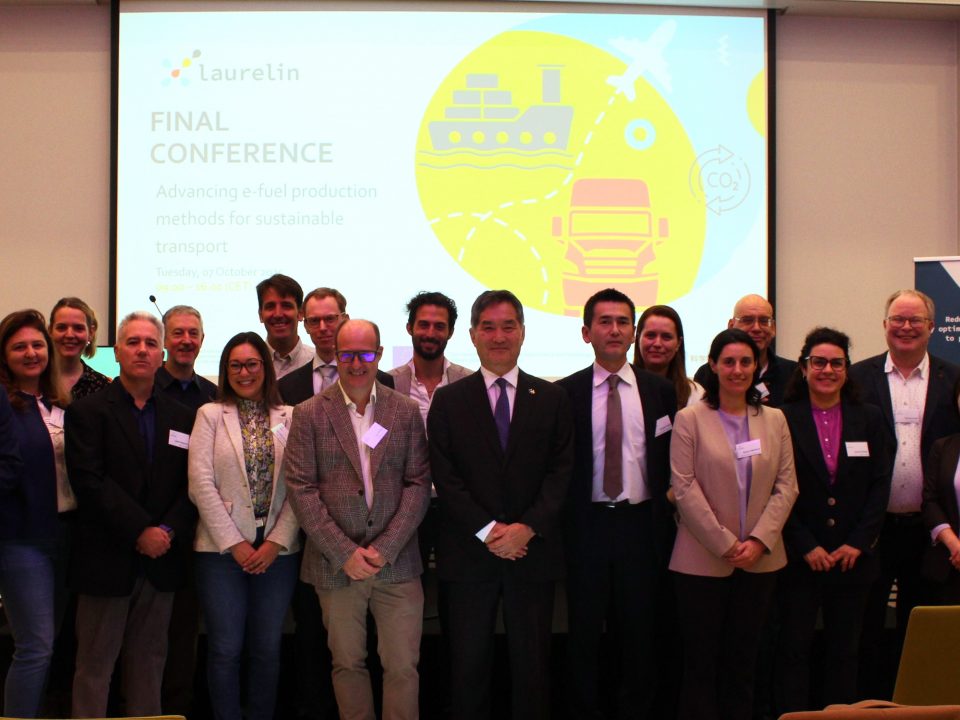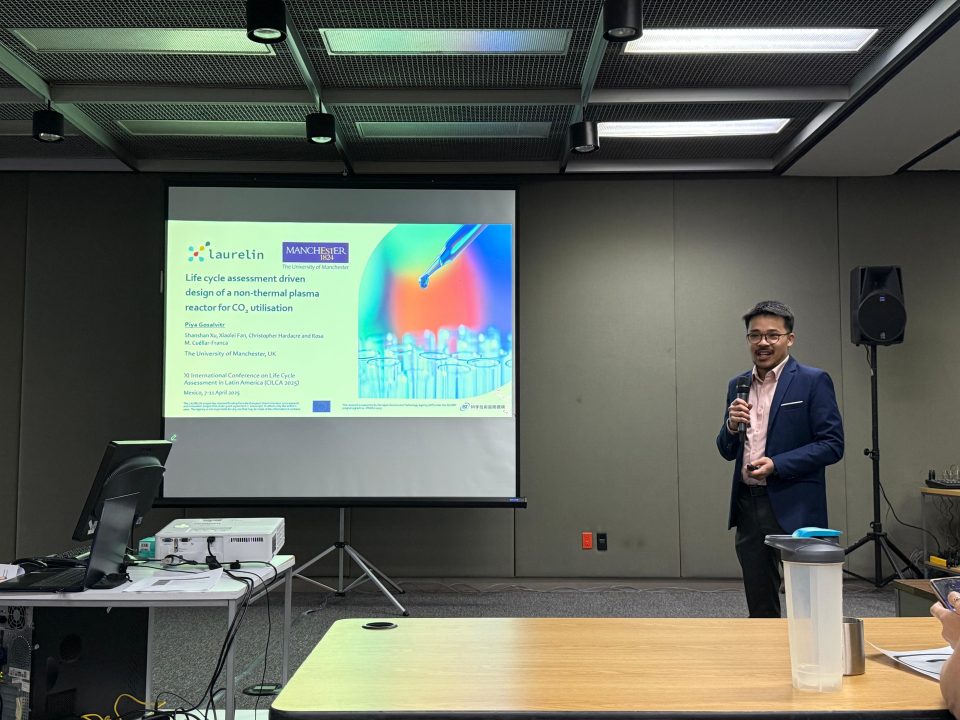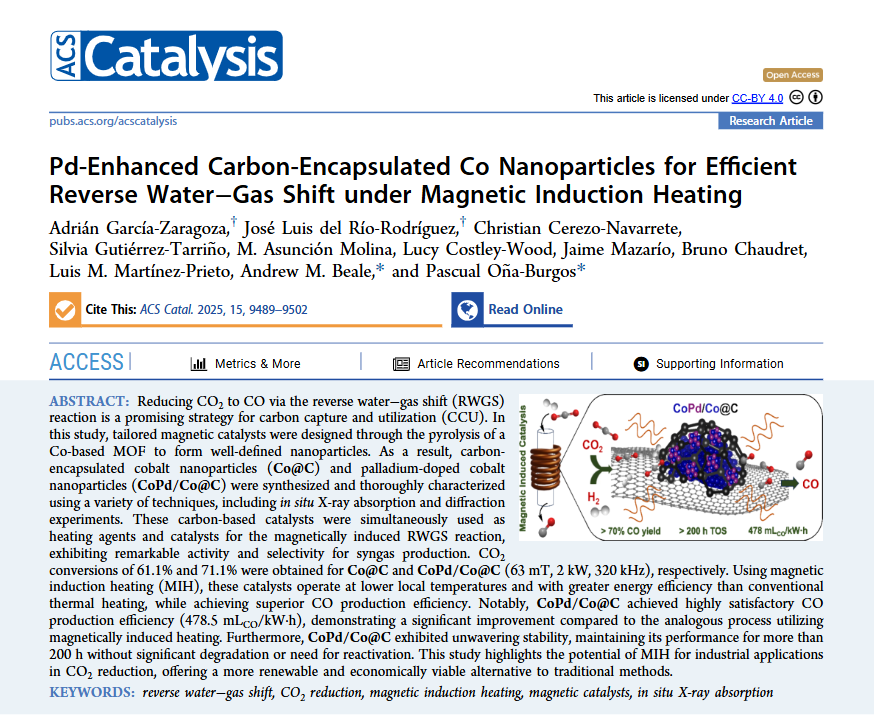Interview with our partner Fraunhofer Institute for Chemical Technology (ICT-FhG)
As part of our ongoing commitment to showcase the work of the LAURELIN project Consortium, we are pleased to bring you the latest interview with our project partner Fraunhofer Insitute for Chemical Technology (ICT-FhG). This interview with ICT-FhG represenative Rudolf Emmerich, highlights their contribution to the LAURELIN project and its research and innovative developments being undertaken for the development on the optimisation and improvement of CO2 hydrogenation process to obtain methanol as a renewable fuel. This interview offers an unique glimpse into our collaborative efforts driving progress within field of green production of methanol which can contribute to the reduction of CO2 emissions in the transport sector.
Why did the Fraunhofer Institute for Chemical Technology (ICT-FhG) join the LAURELIN project?
Rudolf Emmerich (ICT-FhG): Fraunhofer Institute for Chemical Technology (ICT-FhG) decided to joint the LAURELIN project to assist the project with its work on microwave-assisted chemistry as in the case of methanol.
Microwave-assisted chemistry is an innovative approach that utilizes microwave radiation to enhance chemical reactions. This technique is particularly effective for the synthesis of methanol, which is a vital chemical feedstock.
In light of the above, ICT-FhG is contributing to the development of a microwave reactor must be designed to withstand high pressure and temperature. Key components of such reaction include a reactor vessel (which needs to be pressure-resistant and microwave transparent material, e.g., glass, ceramics); temperature Control (thermocouples for accurate monitoring outside the microwave field) and safety Features (pressure relief valves and temperature sensors). The developed microwave reactor enables efficient heating, leading to improved reaction rates and yields in methanol synthesis, while ensuring safety and reliability.
What are the activities undertaken by Fraunhofer Institute for Chemical Technology (ICT-FhG) in the framework of the project?
Rudolf Emmerich (ICT-FhG): one of the main activities within the LAURELIN project is the development and construction of a Pressure-Resistant (<40 bar) and Temperature-Stable (<300°C) Microwave Reactor for Chemical Reactions.
The development of a such type of microwave reactor – foreseen to be withstanding pressures below 40 bar and temperatures below 300°C – is crucial for advancing further chemical reactions. In our design for the microwave reactor, we are focusing on optimizing reaction efficiency while ensuring also safety and reliability. This innovative reactor design not only facilitates efficient chemical processes but also adheres to safety standards for high-pressure and high-temperature operations. Key design features of the microwave reactor include:
| Feature | Description |
|---|---|
| Reactor Vessel | Constructed from high-strength, corrosion-resistant materials, such as quartz glass, zirconium oxide |
| Sealing Mechanism | Advanced sealing technology to prevent leaks under high pressure |
| Microwave Energy Source | High-performance magnetron or similar device for consistent energy delivery |
| Temperature Control System | Integrated cooling and heating systems with precise thermoregulation |
| Safety Systems | Pressure relief valves, safety interlocks, and real-time monitoring |
What are the challenges that you have identified to fulfill LAURELIN’s objective (the development of multifunctional and heterogeneous catalyst systems for efficient synthesis of renewable methanol)?
Rudolf Emmerich (ICT-FhG): our main task – developing a pressure-resistant and temperature-stable microwave reactor – is also at the same time our main challenge at ICT-FhG. As outlined before, this reactor is essential for facilitating various chemical reactions under controlled conditions.
When overcoming this challenge, the development of the aforementioned microwave reactor will enable more efficient and safer chemical processes, harnessing the benefits of microwave technology.
How important is the cooperation with your (European/Japanese) partners for the development of catalyst systems for the synthesis of renewable methanol?
Rudolf Emmerich (ICT-FhG): Cooperation with European and Japanese partners is crucial for the development of catalyst systems and reactors for renewable methanol synthesis. These collaborations enhance knowledge sharing, access to advanced technologies, and diverse expertise. They also facilitate joint research initiatives, optimizing catalyst performance and sustainability. Additionally, working with international partners can help align with global standards and regulations, accelerating the path to commercialization. Overall, such cooperation significantly boosts innovation and efficiency in the development process.
Media contact or for any further information: Cécile Fouquet – Aliénor: cecile.fouquet@alienor.eu
To read the other interview with our partners, see below.




